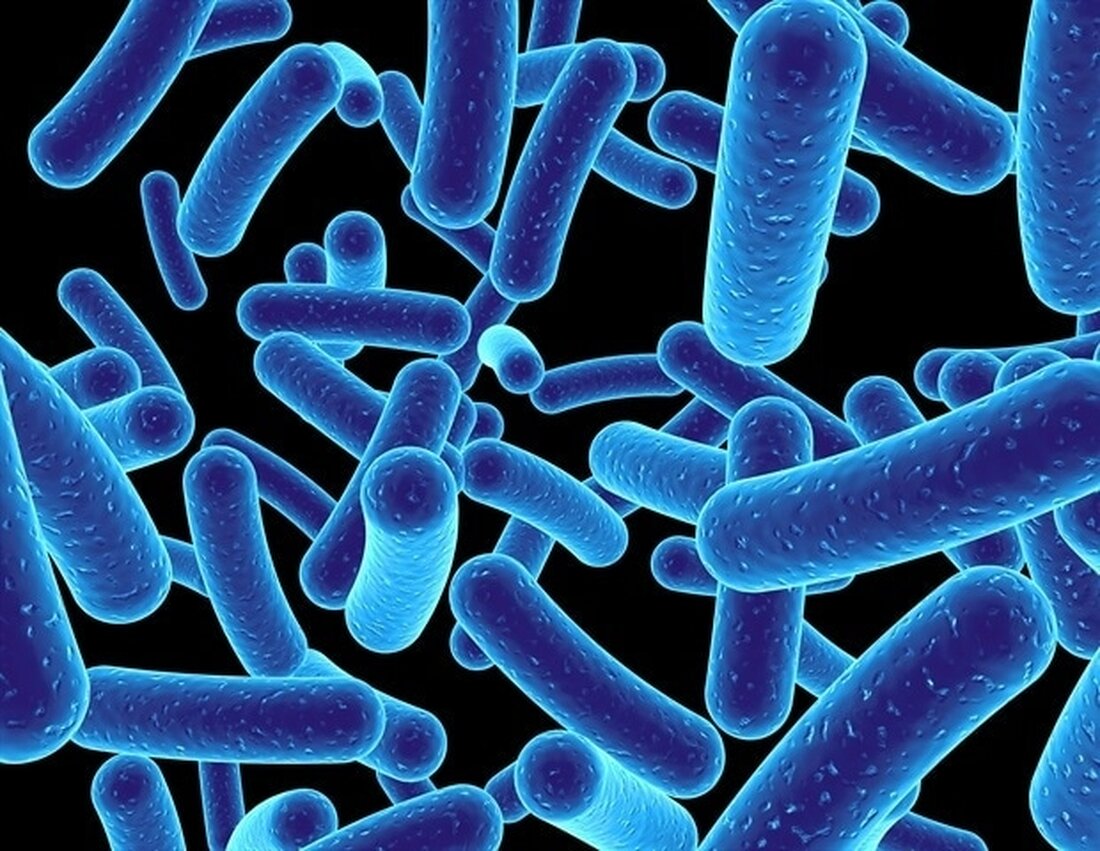Research suggests that the gut microbiome may contribute to a person's risk of HIV infection
New research led by UCLA suggests that certain gut bacteria — including one that is essential for a healthy gut microbiome — differ between people who later become infected with HIV versus those who do not become infected. The results, published in the journal eBioMedicine, suggest that the gut microbiome may contribute to the risk of HIV infection, said study leader Dr. Jennifer Fulcher, assistant professor of medicine, Division of Infectious Diseases, at the David Geffen School of Medicine at UCLA. “This is an important area that requires further research to better understand whether and how these bacteria affect HIV transmission...

Research suggests that the gut microbiome may contribute to a person's risk of HIV infection
New research led by UCLA suggests that certain gut bacteria — including one that is essential for a healthy gut microbiome — differ between people who later become infected with HIV versus those who do not become infected.
The results, published in the journal eBioMedicine, suggest that the gut microbiome may contribute to the risk of HIV infection, said study leader Dr. Jennifer Fulcher, assistant professor of medicine, Division of Infectious Diseases, at the David Geffen School of Medicine at UCLA.
“This is an important area that requires further research to better understand whether and how these bacteria might influence HIV transmission,” said Fulcher, who also has an appointment with the VA Greater Los Angeles Healthcare System. "Microbiome-based therapies are becoming a hot research area with great potential. With further research, this could be a new way to help with HIV prevention."
It is known that there is a connection between chronic HIV and changes in intestinal bacteria, said Fulcher. The researchers wanted to better understand when these changes occur after HIV infection.
To do this, they examined gut microbiome samples from 27 men who have sex with men, collected both before and after infection. They then compared these samples to 28 men who had a similar behavioral risk of infection but did not have HIV.
The samples came from the UCLA-led Collaborating Consortium of Cohorts Producing NIDA Opportunities (C3PNO), a resource and data center for millions of research results, laboratory samples, statistics and other data aimed at advancing research into the effects of substance abuse on HIV/AIDS.
The researchers found that the infected men's gut bacteria changed little in the first year. However, they found that the men who were infected with HIV already had differences in gut bacteria before their infection compared to their uninfected counterparts.
Specifically, these men had reduced levels of Bacteroides species, a type of bacteria that predominate in the lower intestinal tract and have important metabolic functions in maintaining a healthy intestinal environment, and increased levels of Megasphaera elsdenii, whose role in the human intestine is not yet known. compared to the uninfected risk controls. The researchers also found that the men who were infected with HIV had elevated inflammatory cytokines and bioactive lipids before infection, both of which are associated with systemic inflammation, suggesting that their bodies were constantly in defense against infection or injury compared to matched controls.
Limitations of the study include the relatively small sample size and focus on only young men who have sex with men, most of whom use drugs, which may reduce generalizability to other populations.
Source:
University of California, Los Angeles (UCLA), Health Sciences
Reference:
Fulcher, JA, et al. (2022) Gut dysbiosis and inflammatory blood markers precede HIV with limited changes after early seroconversion. eBioMedicine. doi.org/10.1016/j.ebiom.2022.104286.
.

 Suche
Suche
 Mein Konto
Mein Konto
